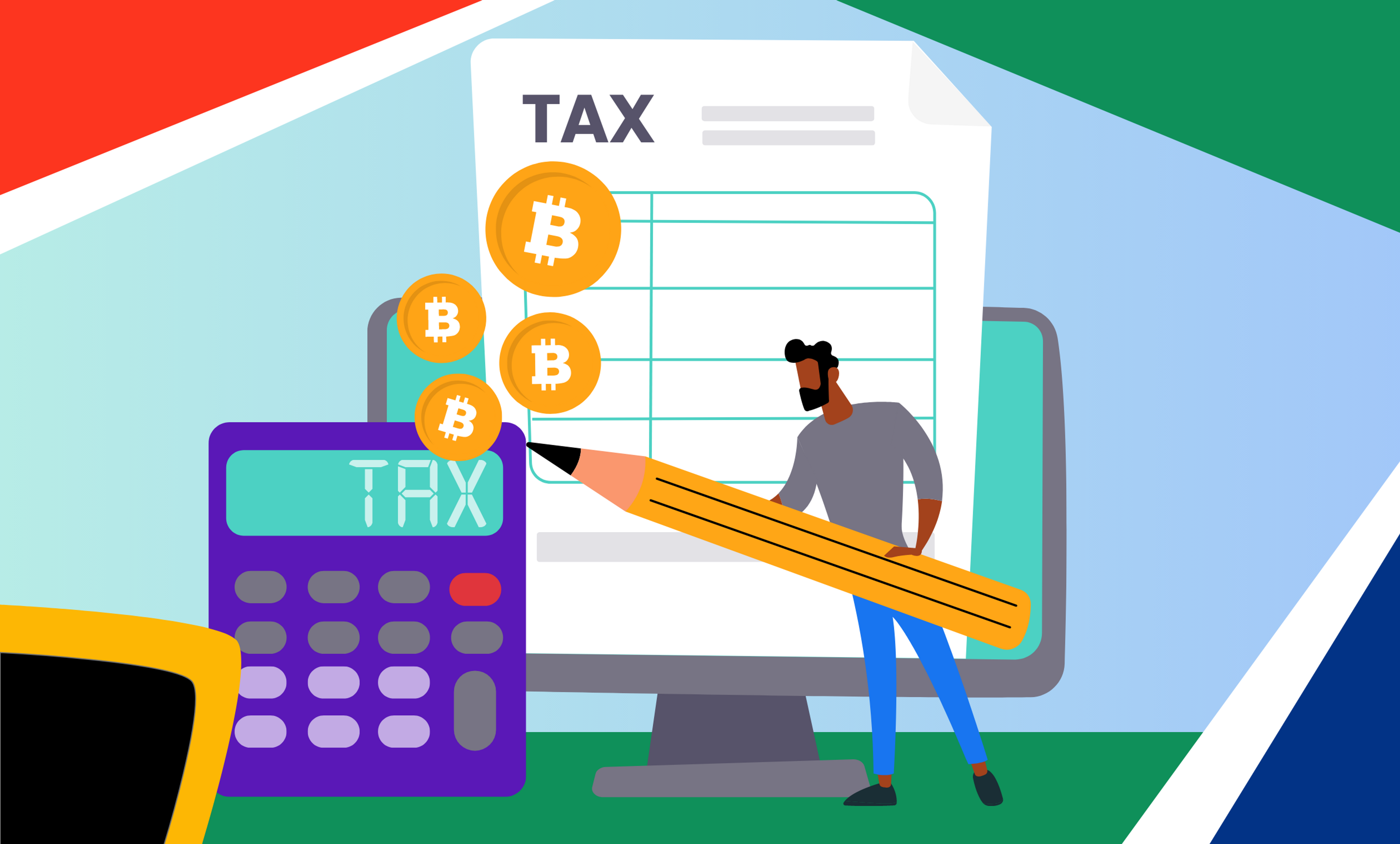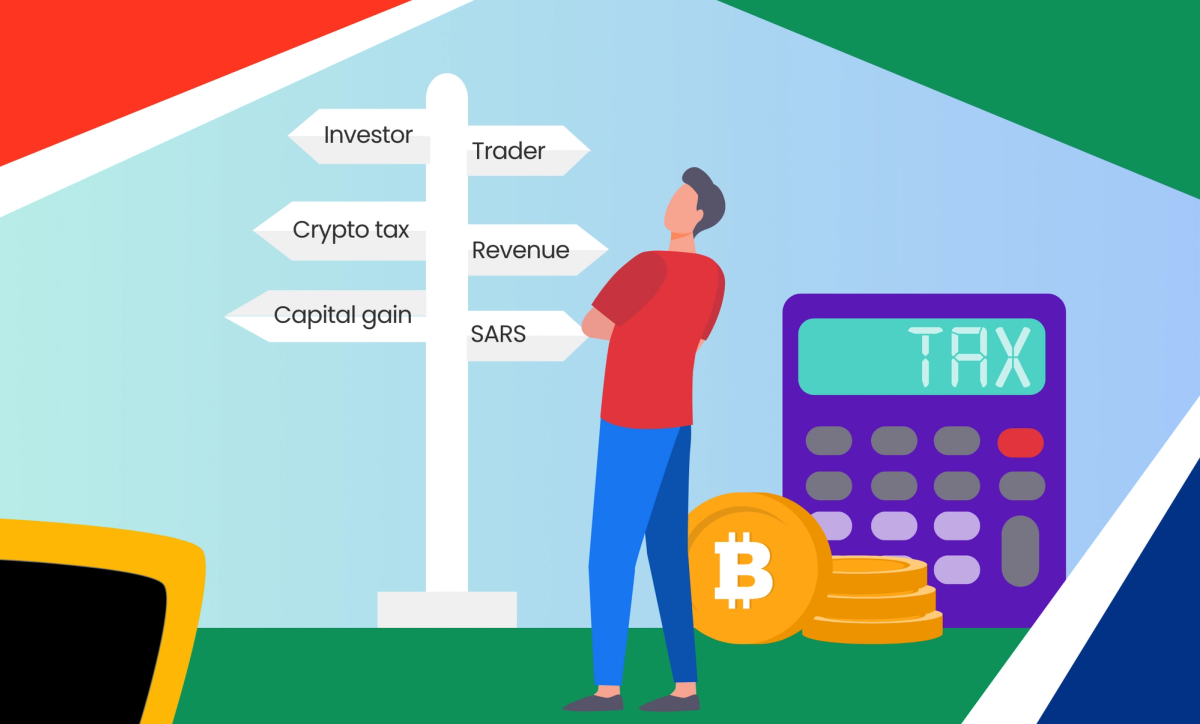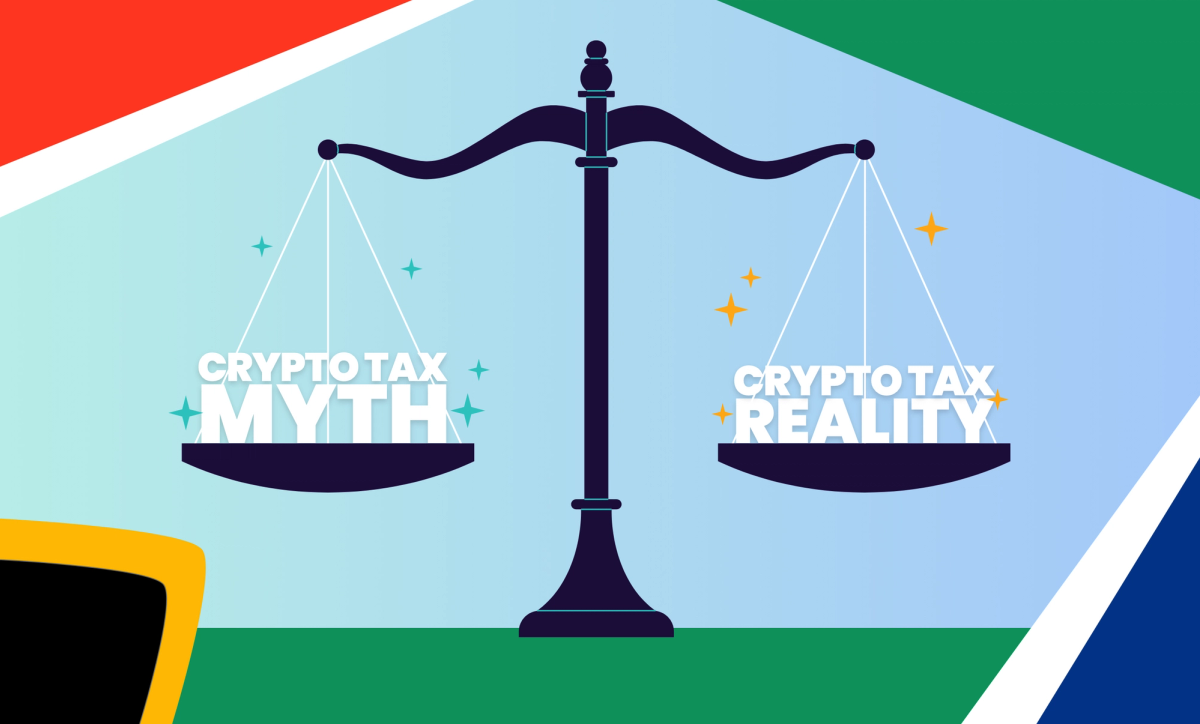
If you're involved in crypto transactions, you might be wondering about your tax obligations. Here we provide you with essential insights on managing crypto taxation in South Africa.
Disclaimer
This guide is intended as a generic informative piece. This is not accounting or tax advice that can be relied upon for any UK individual’s specific circumstances. Please speak to a qualified tax advisor about your specific circumstances before acting upon any of the information in this article.
Do I have to pay taxes on my cryptocurrency?
In a nutshell, yes. Crypto transactions in South Africa are indeed subject to taxation. The South African Revenue Service (SARS) considers cryptocurrencies as 'financial instruments,' making them eligible for either capital gains tax or income tax, depending on your specific circumstances.
Understanding the types of cryptocurrency taxes
Crypto activities can be subject to either income tax or capital gains tax, depending on the nature of your gains and the way you've earned them. In South Africa, the rules are slightly different to other tax jurisdictions. Where most authorities tend to categorise the tax treatment as either capital gain or income tax based on the type of activity, SARS also consider your intentions when you acquire the cryptoasset and the length of time you hold the investment. Typically, short-term and active transactions are subject to income tax, while long-term and passive gains, such as investment returns, fall under the capital gains tax category.
Are you an investor or a trader?
SARS has distinct rules for different types of crypto users. Whether you're classified as a crypto 'investor' or 'trader' and how you should complete your tax return depends on various factors, including your income. Generally, "traders" are taxed on revenue income, while "investors" pay capital gains tax. It's crucial to note that determining your category isn't always straightforward, as everyone's situation is unique and SARS take a case by case approach. If you're unsure, it's advisable to consult a tax advisor for guidance.
The importance of record-keeping for crypto taxes
When it comes to crypto tax compliance, meticulous record-keeping is essential. Make sure to include all historical transactions from all your wallets and exchanges when filing your crypto taxes. We can help simplify the process as our crypto tax calculator connects to your accounts and automatically calculates your capital gains and income.
Even after you've submitted your tax return, it's essential to keep copies of your history, as SARS may request data. South African tax law mandates that taxpayers retain their records for at least five years following the filing of their return. As our app automatically backs up your data each time it syncs, we can take care of record keeping for you!
Calculating your crypto tax obligations
To determine your taxable gains or income, it's crucial to maintain detailed records of all your trades and ensure accurate and consistent pricing for each asset.
- For traders with revenue income, taxes are levied on the entire profits plus other taxable income, deducting allowable expenses.
- Investors, on the other hand, are taxed on 40% of any net capital gain less the annual R40,000 exclusion. To calculate the capital gain on your transactions, subtract the cost base from the disposal proceeds.
Understanding the cost basis of your cryptoassets
While SARS hasn't provided specific guidance on crypto cost-basis methods, it's generally expected that South African taxpayers should use:
- Spec ID: the specific cost base for the asset sold.
- First In, First Out (FIFO): the first asset you buy is the first one you sell.
Which ever method you choose it’s important to be consistent across your whole portfolio.
Recap simplifies the process of calculating your taxes by returning accurate valuations for your assets and navigating the tax rules to crunch the numbers for you, generating reliable reports that can be downloaded and used for filing your return.
Understanding your tax position
Determining your tax position can be complicated especially, given that SARS guidelines and the crypto space are still evolving. We've partnered with Crypto Tax Consulting so if you need assistance, you reach out to one of their crypto tax specialists who can provide expert guidance and peace of mind. Our in-app sharing feature makes it easy to collaborate with your accountant or tax advisor by granting them shared access to your account.
Filing your tax return
Once you've calculated your overall tax position, you can use SARS eFiling to submit your return. Depending on your situation, there are specific sections that you should be aware of. For more information on filing your tax return, refer to SARS Crypto Asset and Tax documentation.
Close
For those in South Africa looking to assess their crypto tax obligations, our crypto tax calculator offers a valuable resource. Head to recap.io where you can connect your crypto accounts to calculate your capital gains for free. If you need to generate a tax report or delve deeper into your tax insights, consider upgrading to a paid plan.
Managing your crypto taxes in South Africa doesn't have to be a daunting task. With the right tools and resources, you can ensure compliance and financial peace of mind.



